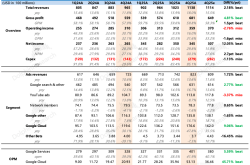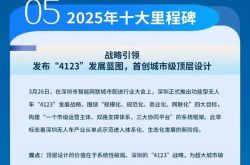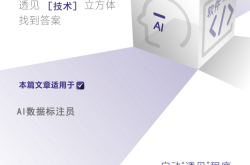Manus' Rise and Fall: From Tech Darling to Singapore Escape in 130 Days
![]() 07/18 2025
07/18 2025
![]() 524
524
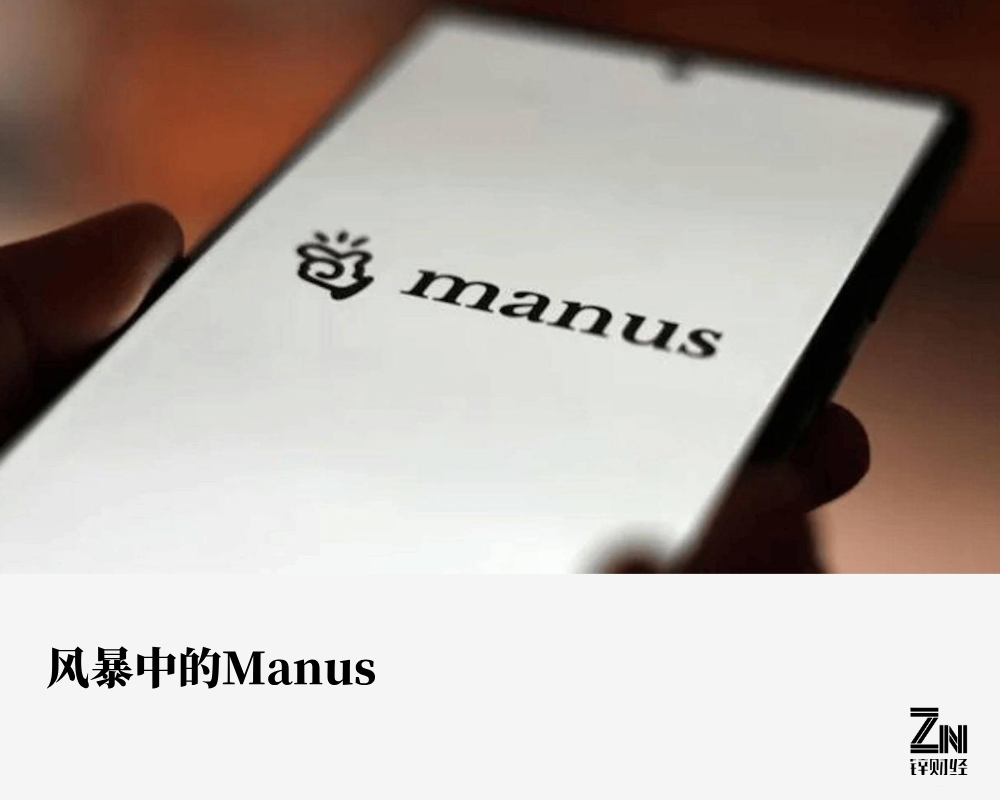
Author | Chuan Chuan
Editor | Da Feng
Just months after capturing global attention, Manus has shockingly been rumored to have fled. Following its June headquarters relocation to Singapore, it was recently revealed that out of 120 employees, only 40 remain, with the rest laid off.
All content on its official social media accounts has been cleared, and updates about its cooperation with Alibaba have been deleted. The Chinese version of its product is no longer usable, and user numbers have plummeted from a peak of 20 million to around 10 million.
On March 6, 2025, a video showcasing the AI Agent Manus generating investment analysis reports ignited the global tech community. This versatile AI agent, developed by a Chinese team, attracted over 10 million visitors in just four hours, purely based on the concept of "autonomously executing complex tasks." Beta access codes were once auctioned for as much as $100,000.
However, just 130 days later, this star company has been shrouded in suspicion of "running away" due to controversies surrounding its headquarters relocation to Singapore, massive layoffs, and reduced product functionality. User numbers have dropped drastically, the Chinese version of its services is completely inoperable, yet its account on the overseas social platform X has quietly updated information about hiking activities in San Francisco.
Did Manus, which soared from being a star project to being shrouded in suspicion of fleeing within just a few months, truly represent the sorrow of China's AI Agents?
Exploding in Popularity with the Agent Concept Video
Manus' popularity explosion began with a carnival of technological idealism.
In March 2025, a demonstration video showed Manus completing the entire process from comparing prices on e-commerce platforms to generating investment analysis reports in just 15 minutes. Its interface design juxtaposed a chat box with an execution window, bringing the digital assistant from science fiction movies to life.
This product, led by serial entrepreneur Xiao Hong, relied early on the technical experience accumulated through the browser plugin Monica. It claimed to have achieved the leap from AI being a "suggester" to an "executor" through "multi-model collaborative scheduling" and "dynamic memory optimization" technologies.
Its technological breakthroughs are embodied in three aspects: autonomous agent architecture, interaction revolution, and performance crushing. The task decomposition algorithm can autonomously disassemble complex instructions, with natural language input in the left chat box and real-time execution windows on the right providing intuitive feedback. In the GAIA benchmark test, it achieved full-difficulty SOTA scores, surpassing similar models from OpenAI.

Manus Founder Xiao Hong
Market reaction confirmed the shockwave of these technological breakthroughs. On Chinese internet platforms, labels such as "national-level achievement" and "disruptive breakthrough" were everywhere. The hype around invitation codes pushed the product to deity status, with some even claiming that "Manus can replace analysts earning an annual salary of 500,000 yuan."
However, the overseas tech community remained unusually indifferent, with only 51,000 views on YouTube and fewer than 500 comments on platform X.
This stark contrast exposed the imbalance between technological breakthroughs and market excitement in China's AI industry.
The open-source community replicated a similarly functional OpenManus in just three hours, verifying its engineering integration advantages but also revealing the lack of underlying innovation. The black market for invitation codes exposed the erosion of technical purity by traffic logic.
Behind the carnival, hidden worries had already emerged. User testing revealed that Manus only used a single data source in financial analysis, and the logical rigor of the generated reports was lower than that of professional analysts. During e-commerce price comparison tasks, it overlooked model differences, leading to inaccurate price data.
Guosen Securities pointed out that its reliability and accuracy in "tool usage" had not yet reached commercialization standards. More fatally, the cost per task was as high as $2, far exceeding the affordability of ordinary users, while similar products such as Devin programming assistant had a monthly fee of $500, and OpenAI's "PhD-level" Agent was priced at $20,000 per month.
This high cost stems from its working mode: each task requires multiple calls to large models, with computational power consumption growing exponentially. Although the emergence of the open-source model OpenManus provided the possibility of lightweight deployment, the Manus team was cautious about open sourcing. Co-founder Ji Yichao emphasized that "brand is the moat," and the trade-off between protecting business secrets and building an ecosystem became a dilemma.
Securing Silicon Valley Funding, Fleeing to Singapore
In April 2025, the entry of Silicon Valley star venture capital firm Benchmark pushed Manus into the limelight.
The $75 million Series B funding round not only brought a valuation of $550 million but also stringent compliance frameworks: the parent company "Butterfly Effect" was required to transfer its registration to Singapore, accept reviews of its technology supply chain by the Committee on Foreign Investment in the United States (CFIUS), and prioritize access to APIs from American large models such as OpenAI and Anthropic.
Benchmark's involvement was no coincidence. Its investment in HeyGen (an AI video company) had obtained capital recognition through a similar path – dissolving its Chinese entity in 2023 and relocating its headquarters to Los Angeles in 2024. For Manus, the relocation was both a risk mitigation strategy to deal with regulatory friction between China and the United States and a strategic choice to access computing power resources.
The resource optimization brought about by the relocation was immediate. The Singapore entity could access computing power from Amazon AWS Asia-Pacific nodes, reducing training costs by 40%; and the loose data compliance framework provided operational space for serving the global market.
However, the cost was equally heavy: the Chinese version of the product ceased updates, cooperation with Alibaba Cloud was terminated, and domestic user service capabilities plummeted; 83% of the 120-person team was laid off, with only core technical personnel remaining to relocate to Singapore. Founder Xiao Hong emphasized "complying with China's bottom line" in an open letter, but the reality was that domestic users became "sacrificial pawns." A former employee revealed, "The layoff list did not consider seniority; only technical backbones who could relocate to Singapore were retained."
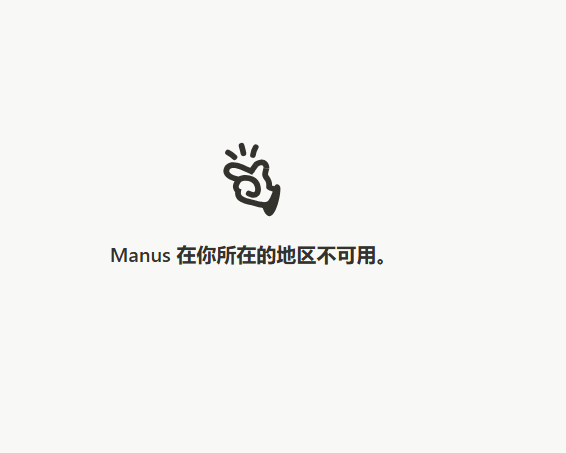
Manus Official Website
This migration exposed deep-seated contradictions in the AI Agent sector. Under the US ban on AI chips to China, access to high-performance computing power is limited, and Singapore, as an Asian GPU hub, has become the best landing point to circumvent geopolitical risks.
There were rumors that its product iterations had been repeatedly delayed due to insufficient high-end computing power, and the efficiency of computing power acquisition improved significantly after the relocation.
However, the compliance of cross-border data flows remains a sword hanging overhead. The EU's AI Act requires manual reviews for high-risk scenarios, limiting Agent autonomy; and China's "Provisional Measures for the Management of Generative AI Services" emphasizes localized data storage. Under dual supervision, Manus's global layout seems more like walking on a tightrope.
A Long Way to Go for Consumer-Grade Agents
The rift between technological ideals and commercial realities is exposed in Manus' product performance.
Its core function is advertised as "fully autonomous execution," but the actual boundaries of its capabilities are clearly visible. In Microsoft's valuation modeling tasks, the model used static beta values from 2023, ignoring market fluctuations; and during e-commerce price comparisons, it overlooked anti-crawling mechanisms on platforms, leading to data capture deviations.
User testing showed that the average time to complete complex tasks was three times that of humans, with an error rate as high as 27%. Guosen Securities pointed out, "AI Agents need to possess the three core capabilities of planning, tool usage, and memory, and Manus barely meets these standards."
Commercialization dilemmas have exacerbated the survival crisis. The subscription model (ranging from $16 to $166 per month) faces cost spiraling: calling multiple large model APIs has caused a surge in the cost per task. The GAIA test showed that its computational power consumption was five times that of Genspark.
Compared to competitors, Genspark focuses on web analysis and achieved $36 million in annual recurring revenue (ARR) in just 45 days; while Manus's "big and comprehensive" strategy has trapped it in a dilemma of being "jack of all trades, master of none." An investor bluntly stated, "Consumer-grade AI Agents are destined to burn money unless they find high-frequency, rigidly demanded scenarios."
In terms of technical paths, the game between vertically deep-diving factions and universally integrated factions continues: the former advocates building barriers in fields such as healthcare and finance, while the latter believes that cross-scenario collaboration is the future.
In terms of business models, the balance between subscription and pay-per-use has yet to be resolved, and ethical and regulatory risks hang like the sword of Damocles. A report by Huachuang Securities proposed a breakthrough direction: deeply cultivate scenarios to construct domain knowledge graphs, collaborate between terminals and clouds to reduce latency, and prioritize ethics to establish a decision-making explainability framework.
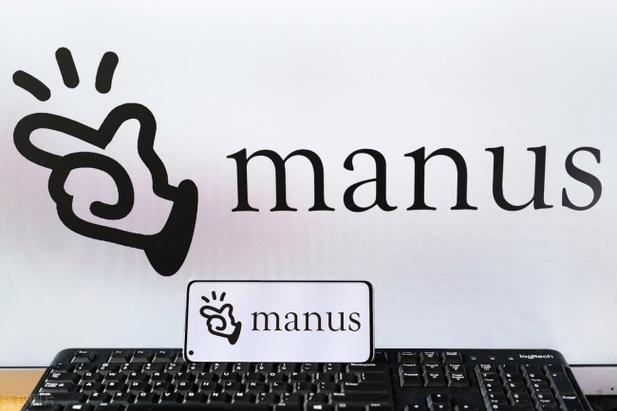
Manus's rise and fall in 130 days prove the technological potential of AI Agents but also expose their limitations at the current stage.
As Xiao Hong said, "Models will eventually converge, and brand and user experience are the moats."
When the tide of technological hype recedes, only products that continuously create user value can navigate through cycles. Finding a balance between fanaticism and skepticism may be the key to China's AI breakthrough.


